Finances
What is financial literacy (and why everyone should know about it)
Fundamental knowledge to conquer freedom and all your financial dreams. Understand what financial literacy is.
Advertisement
Understand how financial literacy can help you take control of your finances
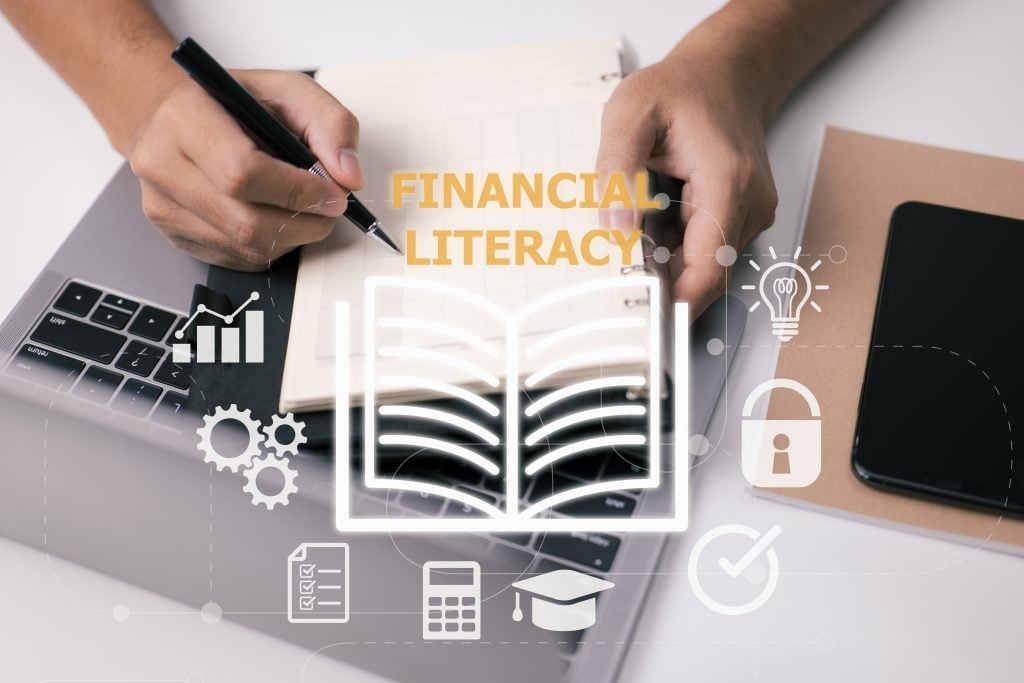
In fact, when you were a child, you went to school to learn to read and write. So now that you’re an adult, you need to learn how to use your money. But what is financial literacy?
Keep reading to learn how this can change your life!

What is budgeting? 7 easy tips to improve your money management!
"What is budgeting" is the question that, when answered, changes your financial life. Learn about the power of this feature!
In this article, we will explain what financial literacy is and how to get started in this field.
In addition, we have prepared a test for you to find out your level of financial literacy. So, stay with us and learn more about managing your own money.
What does financial literacy mean?
In fact, financial literacy is the basic knowledge about money management that everyone should have. A financially literate person knows how bank accounts and credit/debit cards work.
In addition, this person knows his earnings and debts and knows well how and how much he can save. So, with this skill, you can put together a realistic budget.
Someone financially literate can avoid high levels of debt and understand when it is advantageous to borrow.
In addition, you would be able to understand what credit card and loan rates are (APR and annuity, for example).
Therefore, you could compare two or more loans or cards and decide which one is best. Also, someone with this ability understands the importance of saving money, not just to have a good reserve fund.
But to prepare for retirement and to fund your kids’ college, for example. Also, you would know what a credit score is and what factors influence this indicator.
That way, you would know very well what the credit score is for, keep track of your own score and know how to improve it.
Finally, you would understand the basics of investments such as stock exchanges and bonds.
You would understand what assets are and how much risk you are willing to take at every moment of your life.
In short, someone who know what is financial literacy is someone who knows how money works and therefore can make the best out of their conditions (having little or a lot of money).
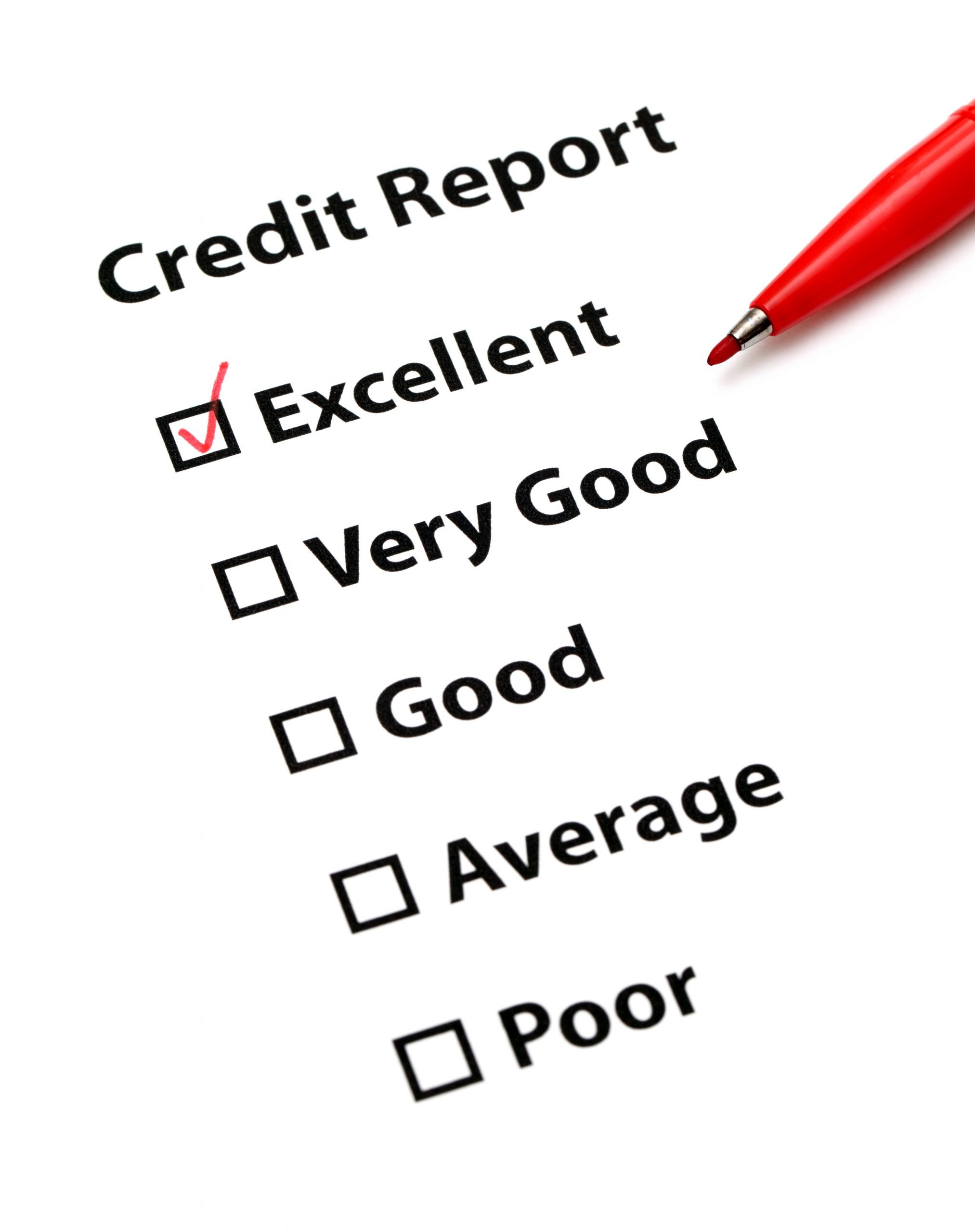
What are credit scores? An uncomplicated guide
Do you know what credit scores are? Learn what the impact of this number on your financial life is and how to improve it!
You will be redirected to another website
You’ll receive messages for less than 1 week, with a maximum of 1 message per day. You can unsubscribe anytime by replying STOP. By submitting this form, I confirm that I am 18+ years old and agree to the Privacy Policy and Terms and Conditions. I also provide my signature, giving express consent to receive informational messages via automated emails, SMS, MMS text messages, and other forms of communication. Message frequency may vary as part of our good-faith effort to respond to your inquiry. Message and data rates may apply. Text STOP to cancel. I understand that my consent to receive communications is not a condition of purchase and that I may revoke my consent at any time.
Why is it important to be financially literate?

According to American Debt Statistics, 80% of people living in the US have some sort of accumulated debt. On a credit card alone, the average debt accrued is $5,500.
In addition, a large percentage of these people will not be able to pay off this debt by the end of the year. Also, among Americans, only 15% save some money for their retirement.
Additionally, 8 out of 10 Americans said their expenses are growing each year.
Furthermore, only half of the population invests any money. If we were financially literate, fewer people would experience problems like these.
Indeed, this ability would be critical to solving the financial problems you and your family face today and in the future.
If you end the month with no money to pay your card balance and you don’t understand where your money went, financial literacy can help you a lot.
If you don’t know where you’d get money from if your roof caved in, knowing what financial literacy is can help you prepare for the unexpected.
Also, you shouldn’t wait until you retire to find out that the pension paid to retirees will not cover your expenses.
Knowing a little about finances, you can prepare yourself from today for a much more peaceful retirement. This is a way of illustrating how this subject is so important in our lives.
How can financial literacy help you achieve your goals?
It doesn’t really matter if your goal is to compare homes or improve your credit score. So, all your goals that require some financial resources are more easily achieved with finance knowledge.
After all, most of our dreams depend on our ability to save and save. Think about your dream trip, the house you want to give to your family or the tranquility of having a balanced financial life.
In fact, this kind of goal requires you to be well organized with your finances and make good choices along the way. Not being able to save puts you further and further away from your goals.
Taking out a loan to pay off debt is also a setback. Likewise, accumulating debt on a high APR credit card also takes you further away from your goals.
In fact, knowing how to “avoid these pitfalls” is essential to achieving your goals.
Thus, it is possible to gather all the necessary knowledge to achieve your achievements by curing your “financial illiteracy”.
However, are you already financially literate? To find out, answer the quiz questions below:
How to find out if you are financially literate?
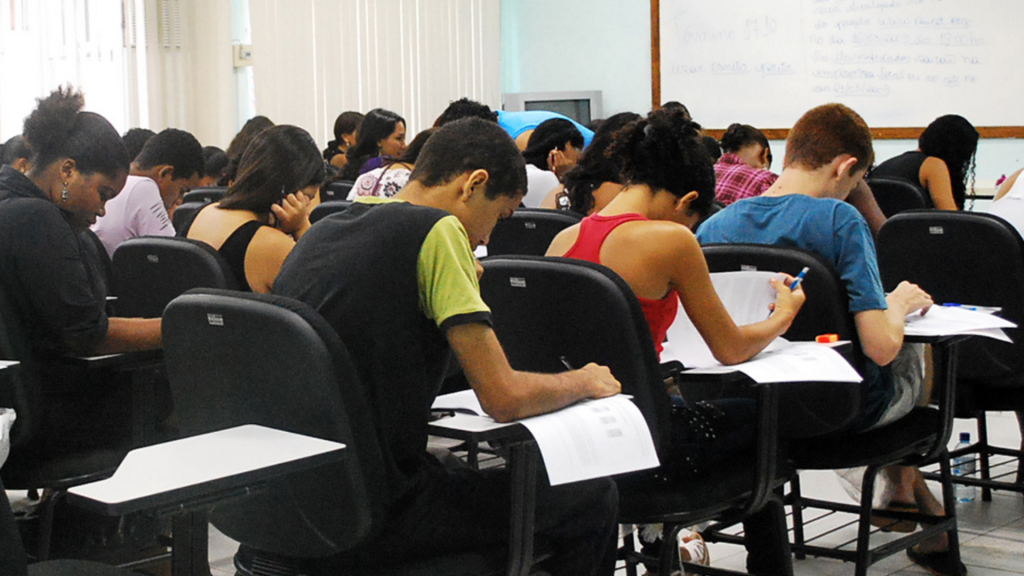
By the way, do you already know what financial literacy is? Do you master the basics of personal finance? To measure your knowledge, we set up a short test with 10 questions.
You must answer each statement as true or false. Finally, check the correct answers to our test on the topic “test feedback” and, according to your correct answers, find out your level of financial illiteracy:
1 – Even with all the technological advances of banks, it is still safer to keep your money at home than in accounts.
2 – There is no difference between savings and checking accounts. Both are used for the same purpose.
3 – Emergency funds are a reserve of money that you must use in extreme cases. Therefore, you should allocate this amount to high-risk stocks on the stock exchange.
4 – When you use a credit card, it’s like asking a bank to pay a bill for you. At the end of the cycle, you must return this amount when paying the card balance.
5 – To improve your credit score, it is important that you do not use something around 30% of your credit limit monthly.
6 – APR is an interest rate charged on the unpaid amount of your balance. Typically, this rate tends to be higher for applicants with poor credit scores.
7 – No matter your situation, a credit card with a rewards program is always the best choice.
8 – Your credit score is an important indicator when you want to apply for a loan or for a credit card.
9 – Variations in the inflation rate do not affect the returns on shares on the stock exchange.
10 – To create an emergency fund, it is important to allocate your money to an option that offers high liquidity.
Test feedback
1 – False
2 – False
3 – False
4 – True
5 – True
6 – True
7 – False
8 – True
9 – False
10 – True
Now, know your financial literacy level according to your number of hits:
| Hit number | Level |
| 0 | You have a hard time managing your money |
| From 1 to 3 | You are taking your first steps and already have some knowledge about personal finance |
| From 4 to 7 | You are no longer a beginner in the subject, but you still need to improve |
| From 8 to 10 | You already have a good understanding of basic market issues and money management. Who knows, it’s time to learn more about finance in more depth |
Finally, this article was just a reason to research more on the subject. On this site, we have several contents that can help you.
One of them is just a click away. Check out our post below and get great advice on personal finance management!

How to get started with personal finance: learn 4 tips
Want to get your finances in order? Read these 4 tips on personal finance and improve your wealth management. Start today!
Trending Topics

Supplemental Security Income (SSI): see if you meet the requirements
Supplemental Security Income (SSI) is one of the programs that generate a better quality of life for people in need. Learn all about it here!
Keep Reading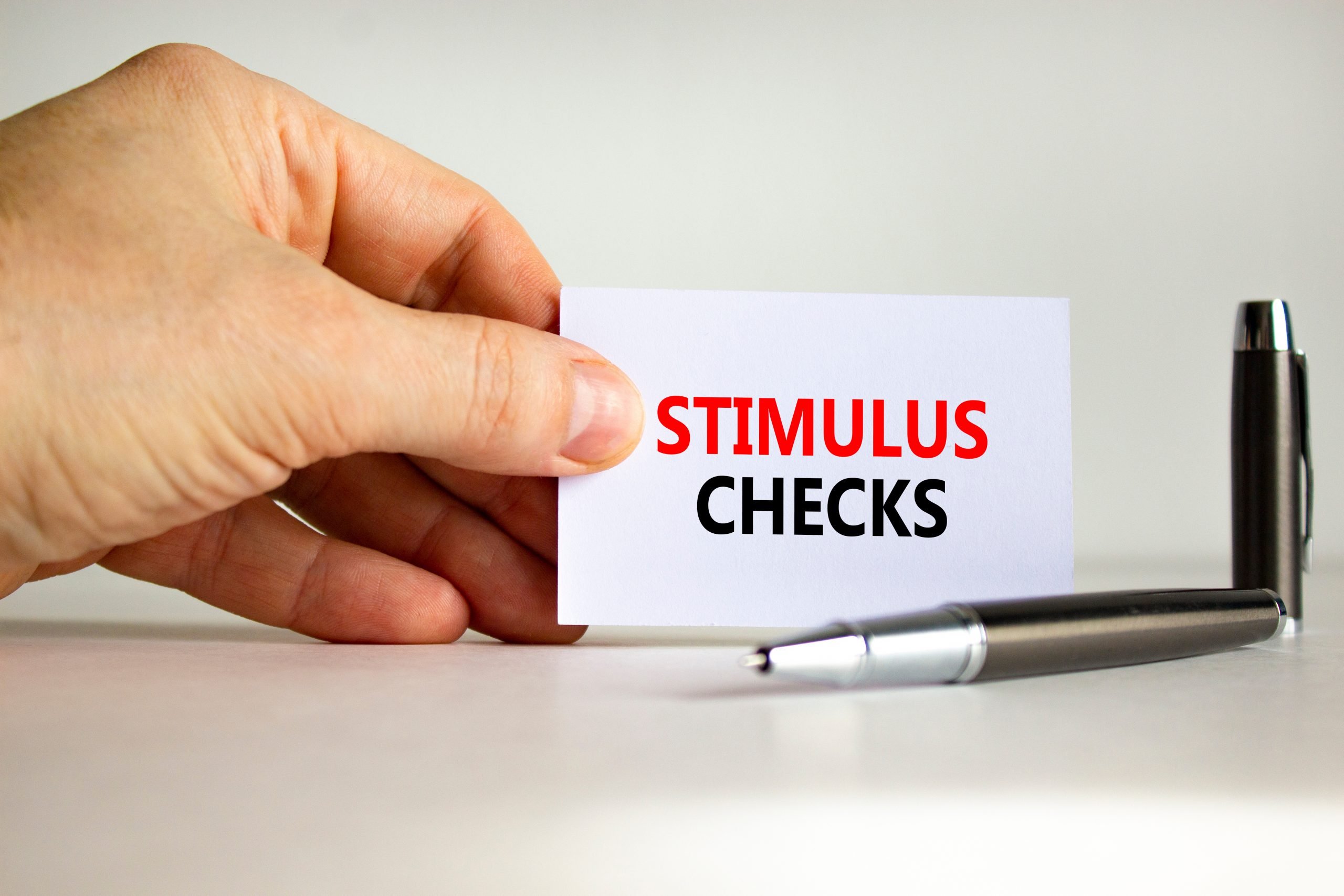
Stimulus Check 2023: What to do if you still didn’t get it
What to do if you didn't get your Stimulus Check? Most likely, you are eligible for this help. Find out how to apply before it's too late!
Keep Reading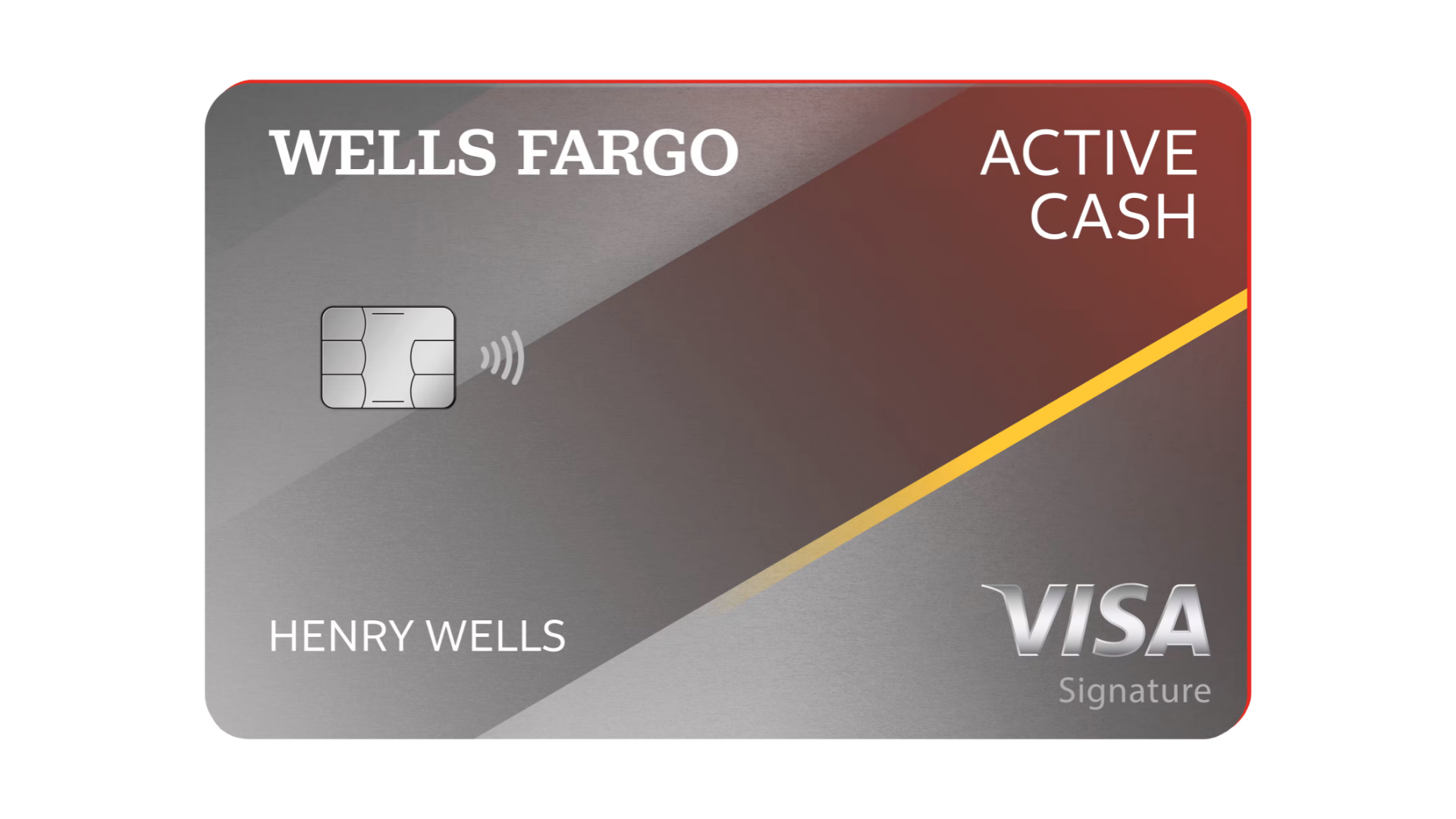
Wells Fargo Active Cash℠ card: check out how to apply!
Learn how to get one of the best cashback programs, a welcome bonus and 15 months of 0% APR. Apply for the Wells Fargo Active Cash℠ Card.
Keep ReadingYou may also like

Crypto scams: how the rise in online crimes is affecting society
Crypto scams influence not only victims' lives but society as a whole. Understand how these happen and how to protect yourself!
Keep Reading
Interest rates on savings accounts may be low, but you can still save money
Understand what is behind the low interest rates on savings account and how you can benefit even in this scenario.
Keep Reading
Credit cards for excellent credit: 5 options for a world of possibilities
Exclusive bonuses, rewards, and perks. Discover how to make the most of your excellent credit score: here are 5 cards for excellent credit.
Keep Reading